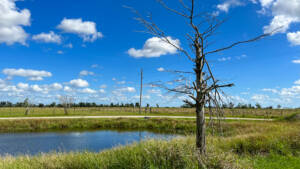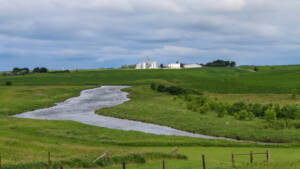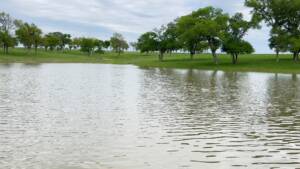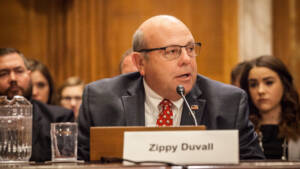What’s EPA Hiding in its Clean Water Regulations?
TOPICS
WOTUSZippy Duvall
President
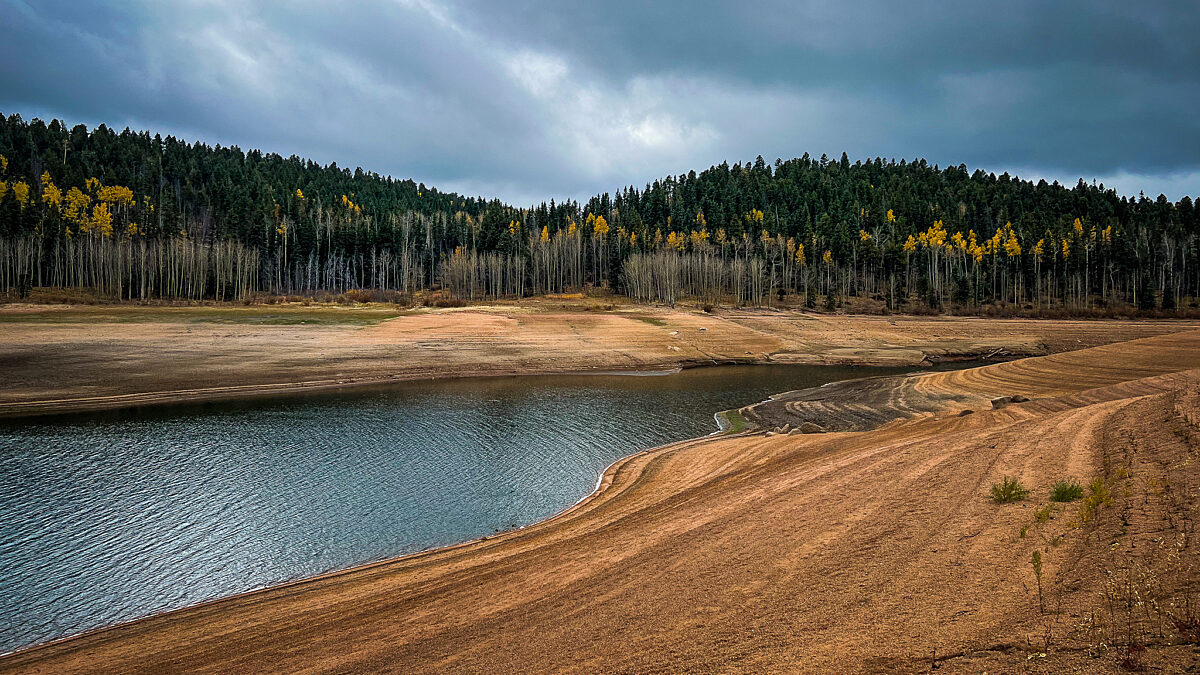
photo credit: Colorado Farm Bureau, Used with Permission
Zippy Duvall
President
Farmers Committed to Clean Water
In my family, as I’m sure for many of you, fall means harvest season and football season. Where I’m from, you can’t help but be a Georgia Bulldog fan. No matter who you root for, though, you want a fair game where each team has the opportunity to win.
But, imagine for a moment what would happen if your team was expected to take the field without being given the rules. And it doesn’t stop there: the referees wouldn’t share that important information even when the coaches and players ask. The chances of your team winning under those circumstances would be near impossible.
Of course, this idea seems absurd, because it is. But this is exactly what farmers and ranchers are facing every day with the Waters of the United States rule implementation guidelines. Let me explain.
America’s farmers are dedicated to doing the right thing by protecting the natural resources they’ve been entrusted with and keeping our water clean.
EPA Hiding the Playbook on Clean Water Regulations
In 2023, the Supreme Court unanimously ruled in Sackett v. EPA that the current administration overstepped its bounds in its WOTUS rule, specifically in the use of the “significant nexus test” which determines whether waterways can be federally regulated.
The Supreme Court ruled the government must follow the “relatively permanent” test. As the name suggests, only waterways that flow for most of the year and are connected to traditional interstate navigable waters can be regulated. The WOTUS rule was revised, and the latest rule went into effect in September 2023. Instead of providing clarity for clean water, however, farmers and ranchers were subjected to an even more vague and confusing rule. Ignoring the intent of the Supreme Court ruling, EPA expanded its definition of relatively permanent, incorrectly putting even more waterways under federal jurisdiction.
Adding to the confusion, EPA has never shared new implementation guidelines with farmers. That means farmers and ranchers are expected to follow the rules without actually knowing what the rules are. This has created an endless guessing game when it comes to following clean water regulations. And, if you do unknowingly break the law, you face a fine of up to $64,000 per day and possible jailtime.
All of this has created long delays in approved jurisdictional determinations (AJD), which are required before land improvements can move forward. An AJD is also required before a home can be built, or roads can be expanded. One year after the latest WOTUS rule, many applications have yet to be processed.
Farmers Need Clear Rules for a Clean Water Win
Every time we ask for clear guidelines, we are met with more vague answers. It became so bad that the Waters Advocacy Coalition, which Farm Bureau is a member of, filed a Freedom of Information Act request to get access to the government’s official implementation guidelines. What we received was more than a thousand pages of documents, with almost all of the pertinent information blacked out. Page after page of redacted information. This isn’t transparency, and it only sets up America’s farmers and ranchers to fail.
Let me be clear, America’s farmers are dedicated to doing the right thing by protecting the natural resources they’ve been entrusted with and keeping our water clean. Our farms aren’t just another workplace for us. We live on the land we farm, and we raise our families on this land. We can’t be expected to play by the rules, though, when the federal government refuses to let us know what those rules are.
So now we’re left with a question – why is EPA hiding the critical information farmers need to ensure they are in compliance with the latest WOTUS rule? Finding an answer to that is just as impossible as finding WOTUS implementation guidelines. America’s job creators, including farmers, small businesses, and road and homebuilders all remain in the dark. Our government can do better. It must do better to ensure we can continue to keep our food supply strong while protecting our natural resources.
What We're Saying
